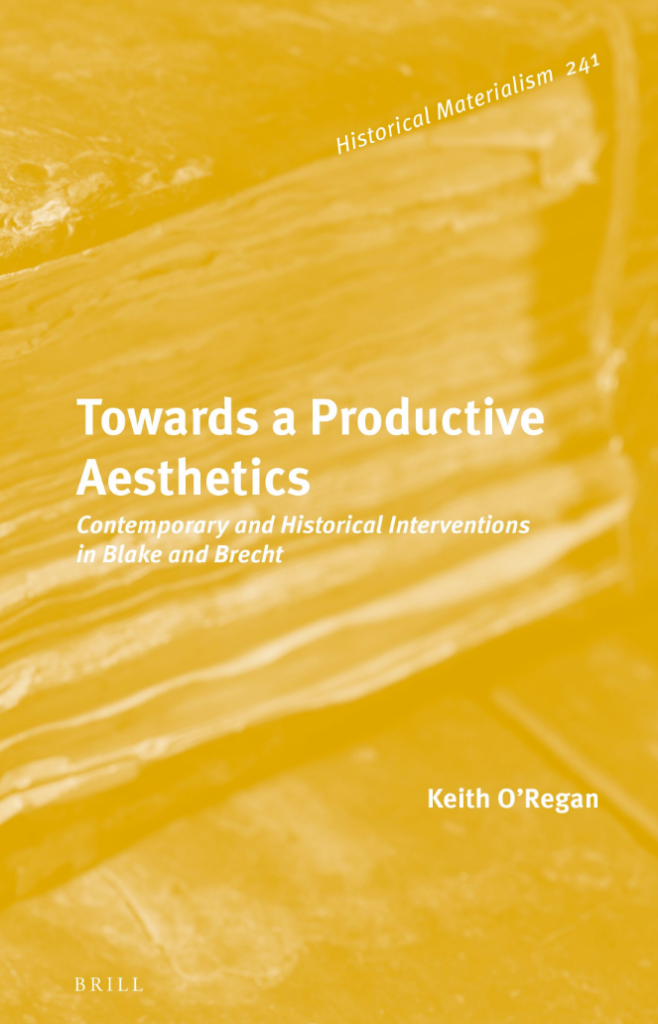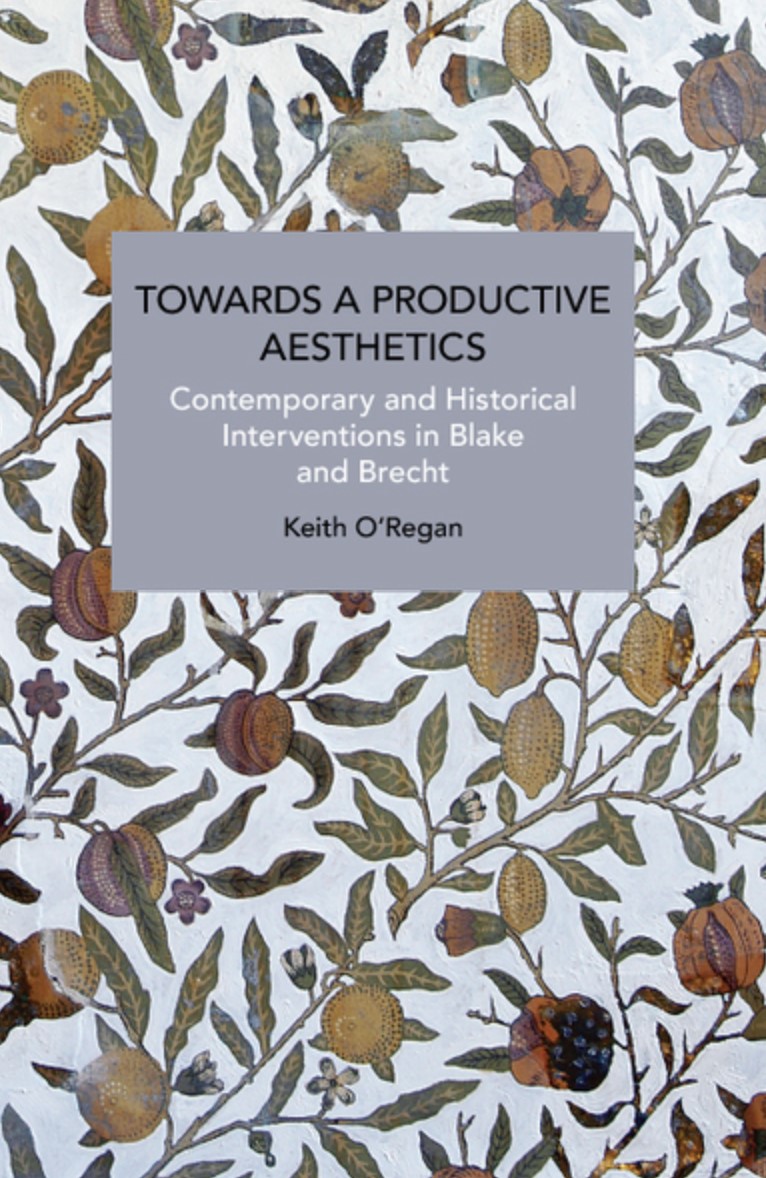Keith O’Regan
Biographical Note
Readership
The audience is broadly academic, and of interest to readers of art and aesthetics, cultural and literary studies, philosophy and to a broader readership interested in political/radical aesthetics.
Table of Contents
Acknowledgments
1 Introduction
2 Brecht and the Now
1 Mann ist Mann: The Right Question and the Precision of Time
2 The Knowing Johanna
3 Kuhle Wampe and the Good Answer
4 Concluding Brecht to 1933
3 Blake, Opposition, and the Now
1 Blake and Romanticism
2 Expect Poison, Demand Movement
3 Innocence’s Opposition to Experience
4 Conclusion: The Future in the Present
4 Brecht, History and the Productive Past
1 And the Cart Rolls On … Mutter Courage and Learning from Those Who Don’t
2 The Religion of the Now: Galileo and the Knowing Science
3 The Chalk Lines of History: Der Kaukasische Kreidekreis, Productivity and the Past
4 Concluding the Historical Brecht
5 Blake, Milton, and Historical Redemption
1 Blake Contra Newton
2 The Importance of What Is Missing
3 Filling in That Which Is Missing
4 Milton’s Entrance
5 Blake Labouring in History
6 Brecht, Blake and the Uses of History
6 Conclusion
Bibliography
Index


